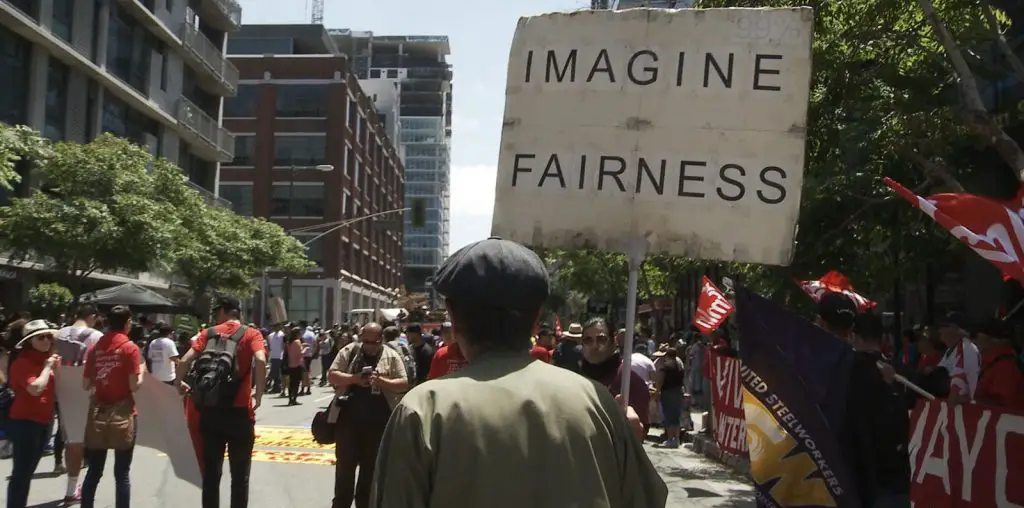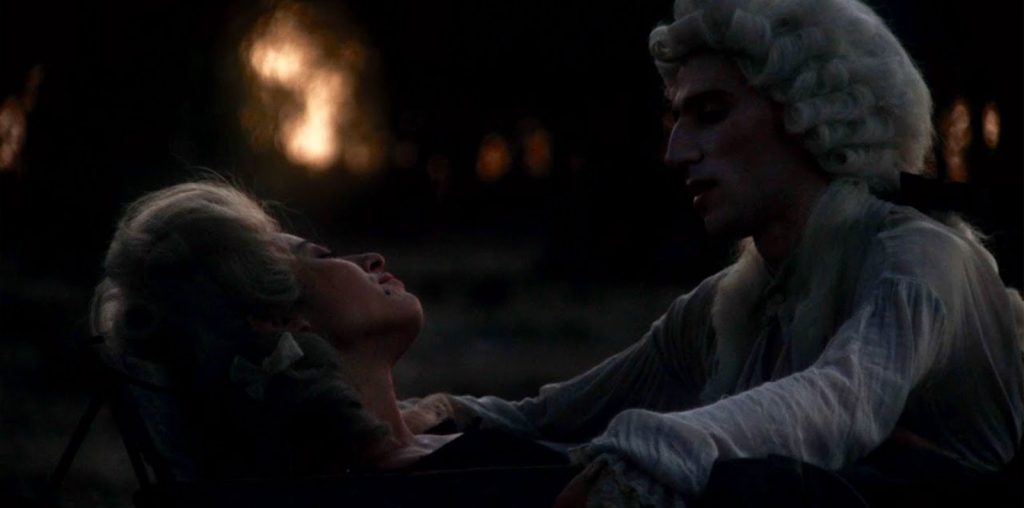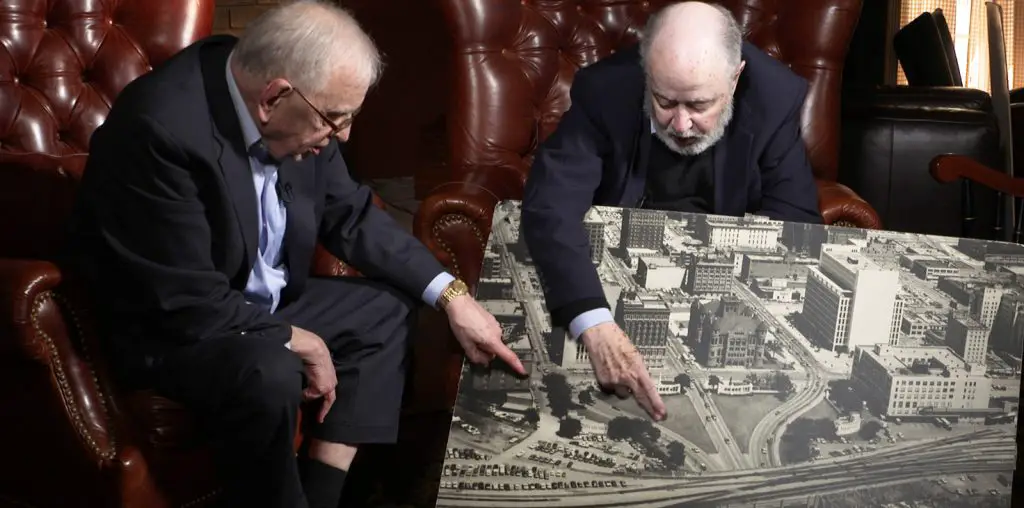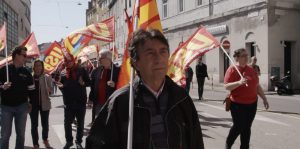
The Lost Shoes is a documentary retrospective of Italian labor revolutionary Armando Lanza, as told by him, based on his writings, The Lost Shoes: Holy Water and Red Brigades. It begins as a biography, following Lanza through his childhood in rural north-east Italy, his studies at the Comboniani Mission School, and then focuses on his political experience first as a militant in the ranks of the Revolutionary Left, then in the Red Brigades. The 1960s and 70s were an intense period of activity for rising communism globally, with a powerful labor movement in Italy. The Red Brigades fought for the worker class, steeped in the political philosophies of Marx, Lenin, and Mao Tse-tung.
They reasoned that government power was fading, with corporate power stepping in to replace states. As they perceived power devolving to multinational corporations, driven by oligarchical impulses, the Red Brigades concluded that multinationals expressed their power globally through NATO (this assertion is never clarified or explained in the film), and set their sites on striking against NATO to achieve their political goals. This resulted in Lanza and other Red Brigade members kidnapping American General James Lee Dozier in Verona on December 17, 1981, and holding him for 42 days. An Italian special forces police unit rescued him, and all of the kidnappers, including Lanza, were arrested.
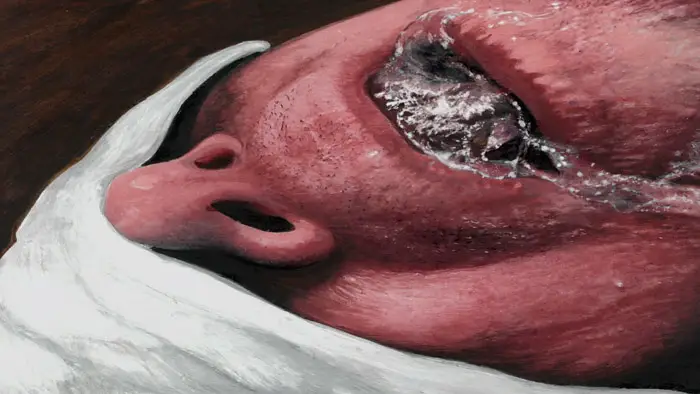
“…Lanza and other Red Brigade members kidnapping American General James Lee Dozier in Verona on December 17, 1981…”
The Lost Shoes features interviews with several of the men who served prison sentences and then were released. They all claim to have been tortured during their incarceration, and there is an interview with a police official that corroborates this. Lanza expresses a desire to leave a document with his daughter, Dafne, to help her understand his time in prison, and his life as a revolutionary. This desire inspired his writings and now includes his appearance in this documentary. He was an intellectual revolutionary and a farmhand picking tobacco under crushing conditions, who adopted violence as a means to effect change. He was part of a generation of communists who tried to transform Italy and the world. In failing to do so, he paid an enormous price with prison time.
It’s difficult to regard The Lost Shoes and Lanza without mixed feelings. As an American with little former knowledge of the Italian Workers’ Movement, it takes some time to get one’s mind around the facts of the events being presented. The movie’s first hour or so gives a solid grounding in Lanza’s life and the revolutionary movements that inspired him.
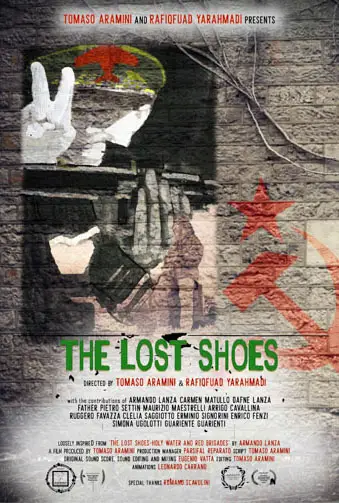
"…one sees [Lanza] more as a violent criminal than as a hero of the people."
